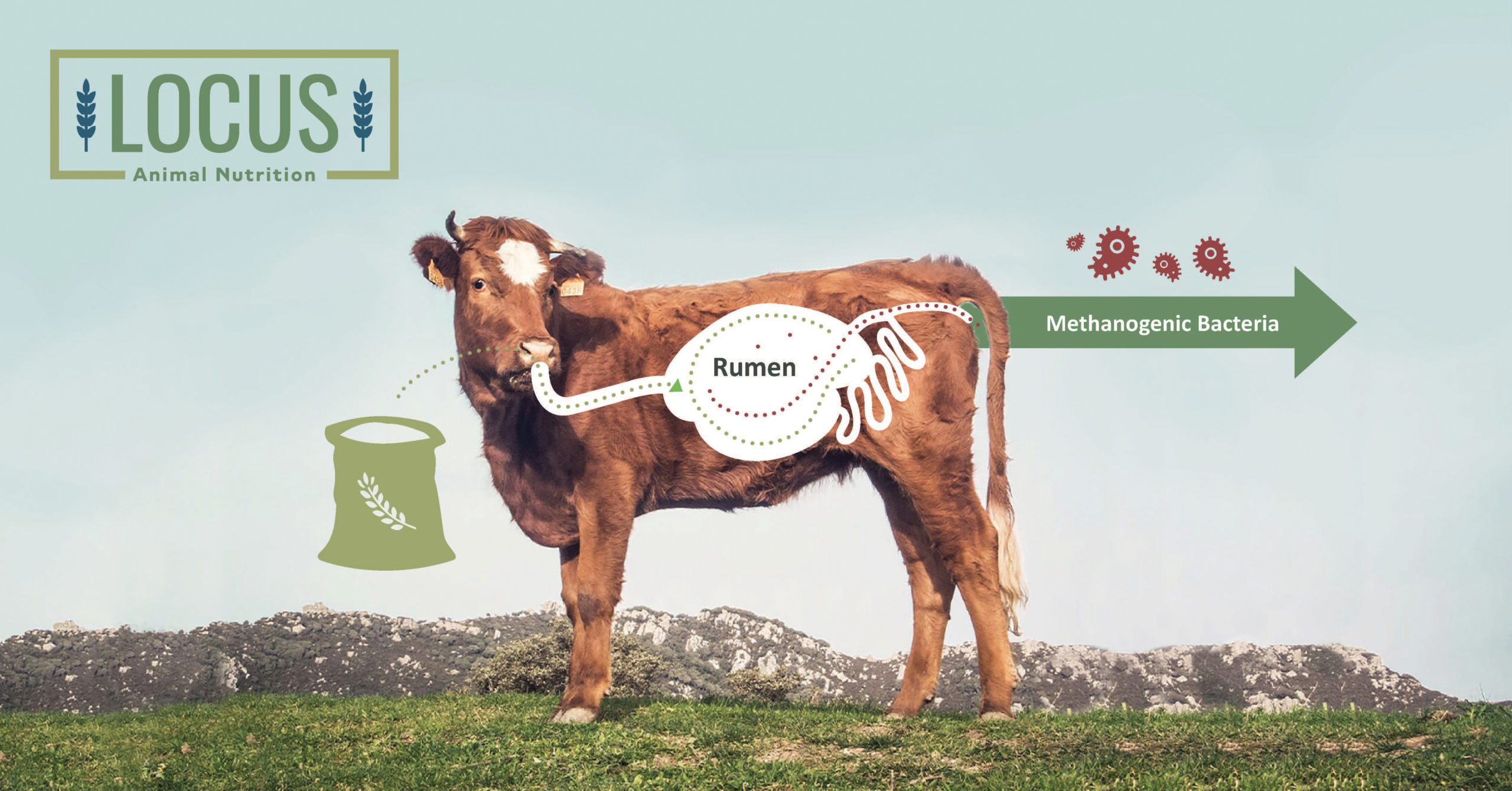
Get the low-down on methane emissions, why they’re bad and how we’re making a difference
You may have heard it before…cows being blamed as a big part of the climate change problem. But why? Every living creature burps and farts, so what’s different about them? The experts at UC Davis help break it down with some key stats:
Cows release A LOT of methane.
Cows release a large amount of methane as part of their bodily functions. Enteric methane emissions (the methane released from cow burps and farts) is a substantial contributor to global greenhouse gas (GHG) emissions.
Livestock accounts for 7 billion tons of CO2e (the standard measure for GHG emission) every year, or ~15% of total GHGs
Let’s put that in perspective…
The average passenger vehicle emits 4.6 tons of CO2e per year1 that means livestock releases an equivalent amount of GHG emissions as 1.5 billion cars
40% of this is methane is from enteric methane fermentations (cow burps and farts)
Methane is REALLY bad for the atmosphere.
There are many different types of greenhouse gases released into the atmosphere, but methane is one of the worst.
Methane is 86x more potent than carbon dioxide (CO2) over 20 years (GWP20)
Methane can also RAPIDLY reverse climate change.
Unlike CO2, which accumulates more over time, methane is a flow gas, meaning that reducing it will have a more immediate effect than reducing CO2
Probiotics could be a BIG solution.
Locus Animal Nutrition (Locus AN) developed direct-fed microbial (DFM) feed additives, similar to probiotics, which can easily be fed to cows.
Initial trials show the DFMs can significantly reduce methane emissions
Locus AN’s DFMs can make a BIG impact.
There are ~989 million cattle in the world; 250 million of them are dairy cows
Reducing dairy cow emissions by 78% would remove
1.18%
total GHGs per year
550
million tons
of CO2e per year
The equivalent emissions of
119.6
million cars
Follow our journey as we “steer” climate change in the right direction, and contact us for more information.
Here are some more great resources from UC Davis:
- Article on the methane challenge: https://clear.ucdavis.edu/blog/methane-gwp100-not-measuring
- Video on how reducing methane in livestock can help fight climate change: https://www.youtube.com/watch?v=UOPrF8oyDYw
- Video on the livestock methane cycle and how it relates to soil carbon and agriculture: https://www.youtube.com/watch?v=2IDk1-WYE2o


